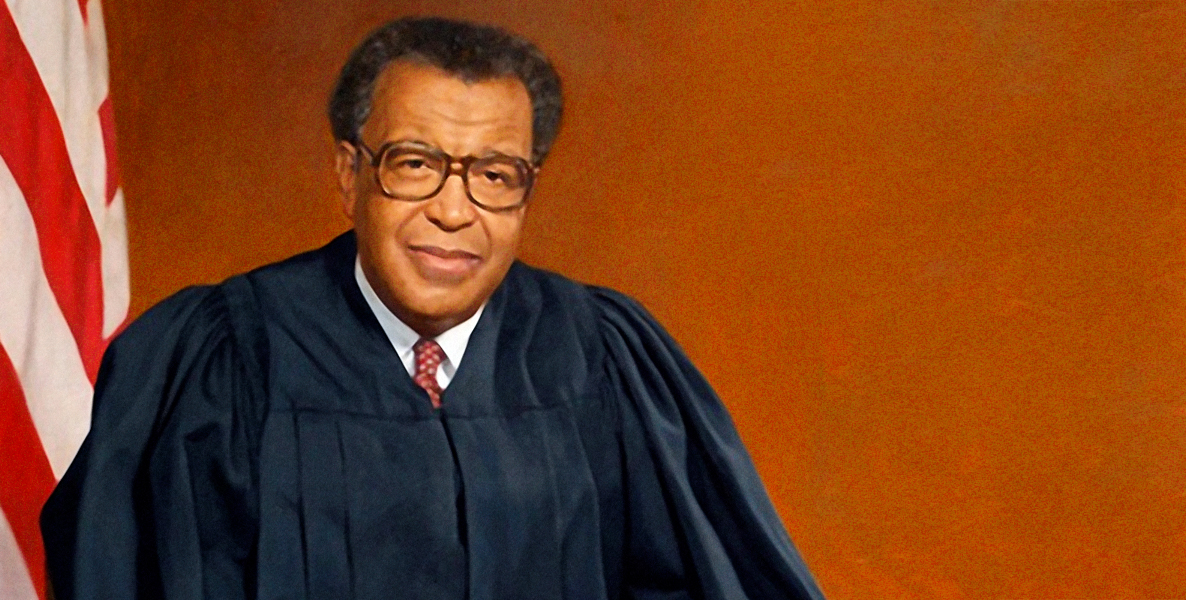In April of 2018, Mayor Kenney, City Council President Darrell Clarke, Councilman David Oh and former heavyweight champion Larry Holmes, the pride of Easton, all gathered in North Philly to rename Glenwood Avenue from Broad Street to Germantown Avenue Smokin’ Joe Frazier Boulevard, in honor of the late, great heavyweight champion.
I was always an Ali guy, but I didn’t have anything against Frazier, even if he (like The New York Times) insisted on calling Ali by his birth—or as Ali put it, his slave—name, Cassius Clay, long after The Greatest had converted to Islam.
And I’m cool with wanting to honor Smokin’ Joe, a Philly legend, but with this caveat: At some point, we’ve got to stop disproportionately honoring African-American athletes and entertainers.
I’m with Charles Barkley on this, who, at a Citizen event with then-Eagle Connor Barwin in 2015, said: “We have too many young black kids who think the only way they can be successful is through athletics and it drives me freakin’ nuts. We can be doctors, lawyers, engineers, teachers, things like that.”
Barkley reported that, when he speaks at high schools, he always asks “Who here wants to be a professional athlete?” At predominantly black schools, every hand shoots up. At mostly white schools, he hears kids say they want to be doctors, lawyers and engineers. “I want young black kids thinking they can do something other than rap and play sports,” he said.
I guarantee you if high school kids could see the way Judge Higginbotham used to throw down, they’d see an African American man who is a badass more worthy of emulation than even LeBron or Jay-Z.
As someone who has written books about African-American sports stars like the great Allen Iverson, I’ve thought often about Barkley’s warning. The answer, of course, is not to refrain from honoring the likes of Smokin’ Joe, but to also shine a light on African-American contributors to society beyond our fields of play. That’s what was so great about the statue at City Hall paying homage to Octavius Catto, which Mayor Kenney laudably long championed: It provided a history lesson and widened the universe of role models for all of us.
For at least the last decade, Jane Golden and I have fantasized about collaborating on a mural of the Hon. Leon Higginbotham Jr. Most kids today have never heard of him, because he wore a robe at work instead of a jersey with a number on its back.
Higginbotham was a jurist, a scholar, a brilliant orator with a booming, stentorian voice, and a trailblazer. He was the nation’s first African-American district court judge and the first Black appointee to a federal regulatory body when President Kennedy placed him on the Federal Trade Commission. He was Philadelphia’s first African-American assistant district attorney, under Richardson Dilworth.
Had Jimmy Carter won reelection in 1980 or Michael Dukakis beaten George H.W. Bush in 1988, he’d have been a shoo-in for the Supreme Court. Why, his influence spanned the globe. Following the collapse of apartheid in South Africa, Higginbotham and Nelson Mandela established the South Africa Free Election Fund, which raised millions of dollars in support of free elections. Higginbotham helped draft the country’s new constitution.
In true Philly fashion, Higginbotham never shied away from a fight. Two weeks before his death in 1998, he testified before Congress against the impeachment of President Bill Clinton; when Congressman Bob Barr made a reference to “the real America” Higginbotham basically picked up the dude and metaphorically wiped the floor with him.
“My father was a laborer,” he said. “My mother was a domestic. And I climbed the ladder and I didn’t come to where I am today through some magical vein. So I am willing to match you, any hour, any day, in terms of the perception of the real America.”
That exchange is included, at the 5:59 mark, of this 10 minute tribute:
I bring up Higginbotham because this week the Mayor and two City Councilmen turned out to honor a prizefighter. That’s cool. But I guarantee you if high school kids could see the way Judge Higginbotham used to throw down, they’d see an African American man who is a badass more worthy of emulation than even LeBron or Jay-Z.



